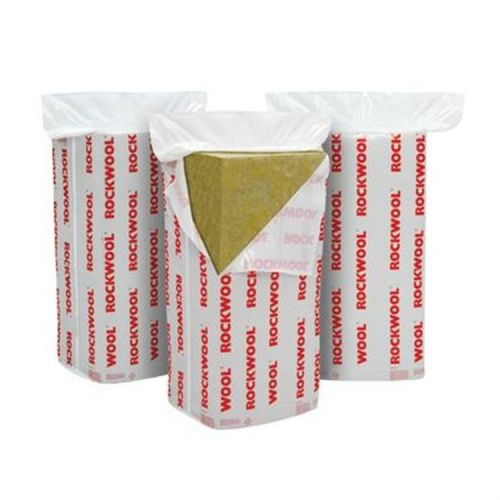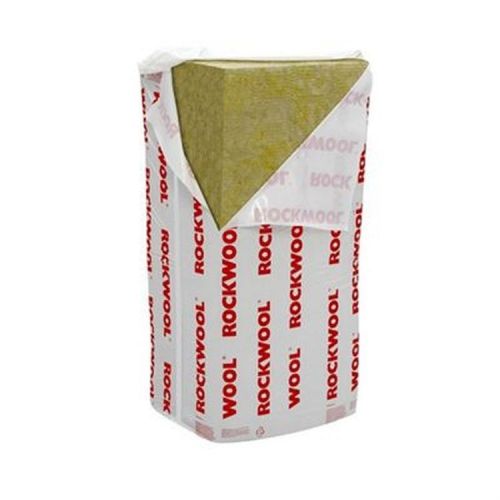Rockwool Insulation
Rockwool has been a respected name in delivering quality insulation for over forty years, trusted by British homeowners and tradespeople alike. Rockwool insulation is suitable for both residential and commercial projects. Their products primarily con...
Frequently Asked Questions
What is Rockwool Insulation?
Rockwool insulation is a unique blend of mineral wool insulation. Their insulation comprises of Basalt (a volcanic rock) and slag, which is a by-product of the steel industry. These minerals are then melted down at very high temperatures and woven into the fibres which form their insulation.
Is Rockwool Insulation Better Than Fibreglass?
Fibreglass or glass wool insulation is another highly popular form of insulation used right across the UK. When installed correctly, both Rockwool or mineral wool insulation as well as fibreglass provide excellent thermal protection, but there are a few key differences between each.
- Thermal Performance: Mineral wool insulation has a slightly higher R-value than fibreglass, with approx. 3.0-3.3 vs 2.2-2.7
- Sustainability: Mineral wool insulation is composed of up to 70 percent or more recycled material. Glass wool insulation on the other hand is usually only up to a quarter recycled.
- Price: Fibreglass insulation can be up to 25 or even 50 percent cheaper than Rockwool insulation.
- Density: Mineral wool insulation is far more dense, making it ideal as soundproofing acoustic insulation. Its density also makes it more resistant to compression, which is a common cause of insulation performing poorly.
- Weight: Glass wool insulation is lighter, but nowhere near as rigid. The rigidity of mineral wool means it won’t lose its shape as easily, although it is slightly heavier.
- Hygroscopic: Rockwool insulation is highly resistant to moisture and water, as well as combatting rot, damp and mould. Glass wool on the other hand is highly susceptible to water damage.
- Easy to Install: Thanks to the rigidity of products such as Rockwool insulation slabs, they’re very easy to work with, able to be slotted into place with minimal fuss. Glass wool insulation on the other hand requires much more work, including being secured with staples or wire.
Do You Need A Vapour Barrier with Rockwool Insulation?
Rockwool insulation is designed to combat excess moisture in the air very effectively. However it does not come equipped with its own foil facing or vapour barrier membrane, meaning if you’re going to install it somewhere where excess moisture is more of a concern, we’d recommend purchasing a separate vapour barrier.
Where is Mineral Wool Insulation Used?
Mineral wool insulation is highly versatile, and can be installed almost anywhere one might insulate such as walls, floors and lofts.
Is Mineral Wool Insulation Combustible?
No, due to the way in which mineral wool insulation is manufactured, it’s non-combustible. Rockwool have dedicated significant resources, time and effort into maximising the fire-resistance of their insulation. This has been achieved thanks to their unique blend of materials which has been thoroughly tested for safety.

